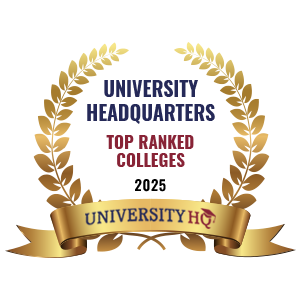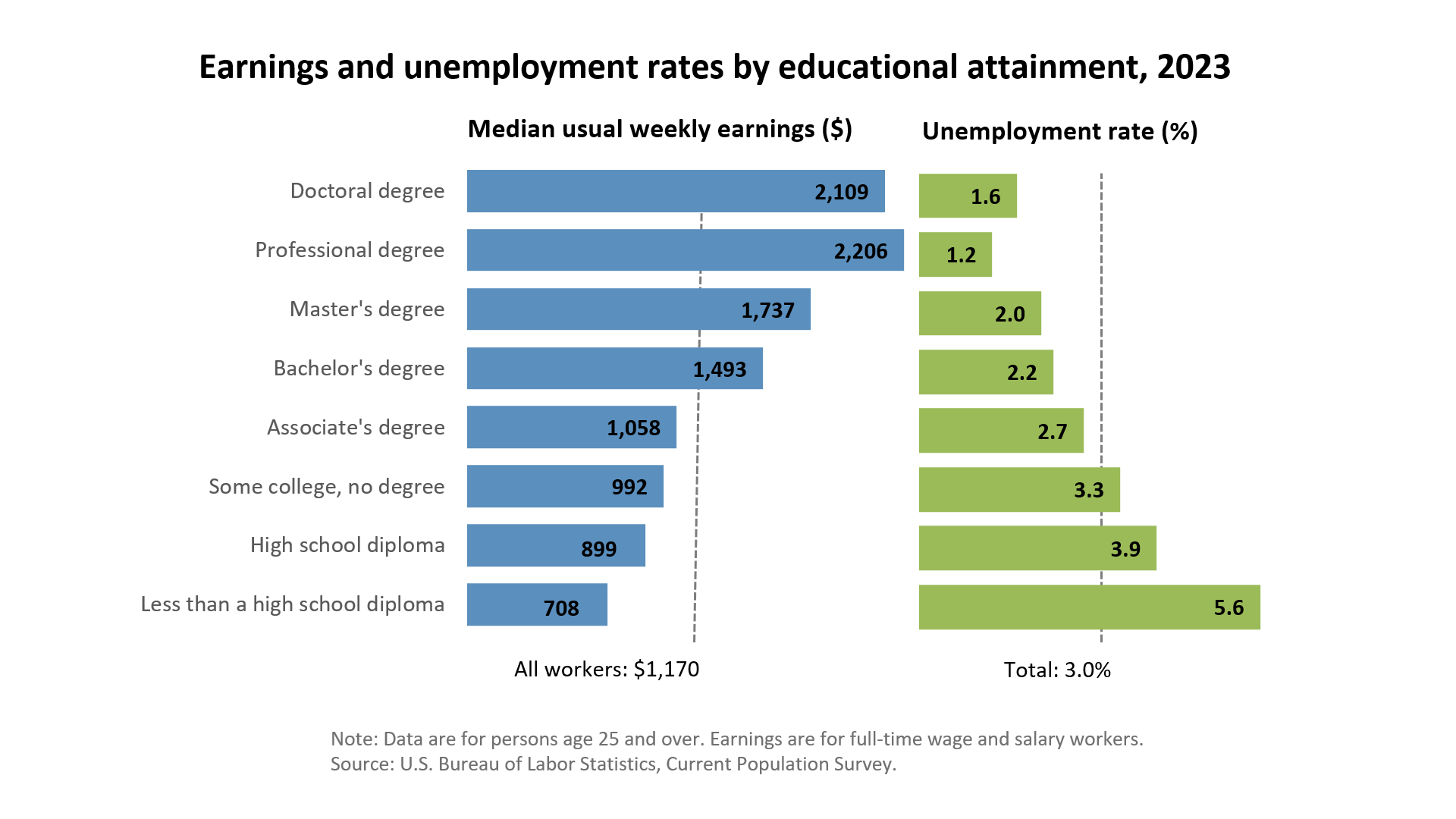Get Matched With Online Colleges
At Emerson College, you’ll be right in the heart of Boston, not far from the Boston Public Garden. Emerson is a small college with a total student enrollment of just over 4,900. The student-to-faculty ratio is decent at 15 to 1.
Emerson College was founded in 1880, so it has been in existence for one century less than the U.S. Since Boston is a large, busy city, you’ll need to be prepared to get yourself around if you decide to attend here, though you might decide to pair up with an Uber or Lyft to get to places off-campus when you need to go out. One great thing about being in a city is that there is always something new to find and learn about.
Search All Programs
Overview of Emerson College
Emerson does offer student housing and it might be a good idea to choose to live in the dorms for as long as you can, especially since rents are high in this part of the country. Emerson College is a private, not-for-profit school offering bachelor’s and master’s degrees to its graduates.
As an incoming freshman, you may be able to obtain additional credits for any advanced placement (AP) exams you have passed. Emerson also offers dual credits to students enrolled in an early college high school program.
General Information
| School Type | Private not-for-profit |
|---|---|
| Campus Setting | City: Large |
| Campus Housing | Yes |
| Student Faculty Ratio | 15:1 |
| Graduation Rate | 82% |
| Year Founded | 1880 |

Student Enrollment
Total Students4,930
3,878
1,052
Undergraduate Student
Male 1,512
Female 2,366
Graduate Student
Male 410
Female 642
Explore Map
Admissions
APPLICATIONS15,353
ACCEPTANCE5,066
Acceptance Rate33%
Enrollment 912
| Admissions | |
|---|---|
| Application Fee | $65 |
| High School GPA | Recommended |
| High School Rank | Recommended |
| High School Transcripts | Required |
| College Prep Courses | Required |
| Recommendations | Required |
| SAT/ACT | Considered But Not Required |
| TOEFL (Test of English as a Foreign Language) | Required |
| Application Deadline | November 1 |
| Common Application Accepted | Yes |
Tuition Cost & Financial Aid
Most colleges and universities will offer students a price for a year of education which rolls all charges to students into one convenient number. This is the sticker price, which for the 2019-2020 year, was $72,222. This includes tuition, books, supplies, room, board, and other charges.
However, if you qualify for financial aid as a freshman student, your cost of education can drop significantly. The average net price in 2018-2019 was $46,381, which is the average cost remaining for students after their financial aid is applied. This net price is often reported by income because that is how eligibility for financial aid is decided. At Emerson, families who earned between $75,001 and $100,000 paid around $42,458. Families earning $30,000 or less paid a net price of $39,241.
In the 2018-2019 academic year, 80% of students qualified for financial aid. Slightly less (76%) received an average of $21,972 in grants or scholarships and 75% received institutional grants and scholarships averaging $20,784.
| Average net price | 2018-2019 |
|---|---|
| Net Price | $46,381 |
| Average Total Aid | $21,972 |
| Students Receiving Financial Aid | 80% |
| Room & Board | $18,400 |
Sticker Price
- Tuition In-State - $49,432
- Tuition Out-of-State - $49,432
- Books and Supplies - $1,150
- Room & Board - $18,400
- Other - $3,240
Academics
Three statistics are vital to understanding Emerson College and other universities across the country: the retention rate and the 4-year and 6-year graduation rates.
The retention rate measures the percentage of first-year students who return to Emerson for their second year of instruction. This is believed to show how many students found that the school met all of their needs in their vital freshman year. At Emerson, this is high at 89%. The 4-year graduation rate is also pretty high at 79% and the 6-year rate is 82%.
No matter whether you’ve chosen a major or not, each college or university has its most popular programs. These will give you an idea of what many of your fellow students will be studying if you choose to attend. At Emerson, their most popular degree programs are visual and performing arts; communication, journalism and related programs; English language and literature/letters; business, management, marketing and related support services; health professions and related programs; and multi/interdisciplinary studies.
For one reason or another, you may need to drop at least one class and pick up the same class in a different section. Emerson doesn’t offer evening classes but it does offer online learning. Even though you may be living on campus, you’ll still able to access a required class via the internet.
Retention
Rate
4 year
Graduation
Rate
6 year
Graduation
Rate
Student Population Total
Student Population 4,930
3,878
1,052
Most Popular Programs & Majors
(# of Diplomas Awarded by Subject)
| Visual and Performing Arts | 562 Total Graduates / 57% |
|---|---|
| Cinematography and Film/Video Production | 459 Graduates |
| Drama and Dramatics/Theatre Arts, General | 50 Graduates |
| Technical Theatre/Theatre Design and Technology | 17 Graduates |
| Musical Theatre | 12 Graduates |
| Communication, Journalism, and Related Programs | 137 Total Graduates / 14% |
| Journalism | 66 Graduates |
| Speech Communication and Rhetoric | 38 Graduates |
| Political Communication | 26 Graduates |
| Sports Communication | 4 Graduates |
| English Language and Literature/Letters | 123 Total Graduates / 13% |
| Creative Writing | 123 Graduates |
| All Business Majors | 109 Total Graduates / 11% |
| Marketing/Marketing Management, General | 108 Graduates |
| Business/Commerce, General | 1 Graduates |
| Health Professions and Related Programs | 18 Total Graduates / 2% |
| Communication Sciences and Disorders, General | 18 Graduates |
| Multi/Interdisciplinary Studies | 18 Total Graduates / 2% |
| Multi-/Interdisciplinary Studies, Other | 18 Graduates |
| All Other Diplomas | 1% |
Outcome & Salary
All students hope to earn a good living when they graduate. Why else spend all that extra time in school? Luckily, we can take a look at how graduates of Emerson College have done upon graduation to give you an idea of what you can expect to earn with your new degree. Graduate’s early-career salaries averaged around $51,400 and their mid-career salaries increase to $101,000.
Now, the 4-year average cost of education is $185,524. This can be taken into account to find graduate’s projected return on investment (ROI).
Their 10-year salary earnings projection is $633,820 and their 20-year earning potential is $1,643,820. After subtracting that cost of education, their 10-year projected ROI is $448,296 and their 20-year projected ROI is $1,458,296.
Some high school graduates may choose not to go to college or feel that they cannot because of the expense, which is understandable. However, these workers national average salary is $379,60. Their 10-year projected income is $387,920 and their 20-year projected income is $775,840. That’s quite a difference.
| Graduates Salary | |
|---|---|
| College Grads Early Career Salary | $51,400 |
| College Grads Average Salary | $63,382 |
| College Grads Mid Career Salary | $101,000 |
| Return on Investment (ROI) | |
|---|---|
| 10 Year Salary Earnings Potential | $633,820 |
| 20 Year Salary Earnings Potential | $1,643,820 |
| Cost of Education (Net Price) 4 Year | $185,524 |
| 10 Year Projected ROI | $448,296 |
| 20 Year Projected ROI | $1,458,296 |
| No College Education Salary Comparison | |
|---|---|
| National Average Salary | $38,792 |
| 10 Year Projected Income | $387,920 |
| 20 Year Projected Income | $775,840 |

Photos & Videos
sources:
Related Top College Resources


